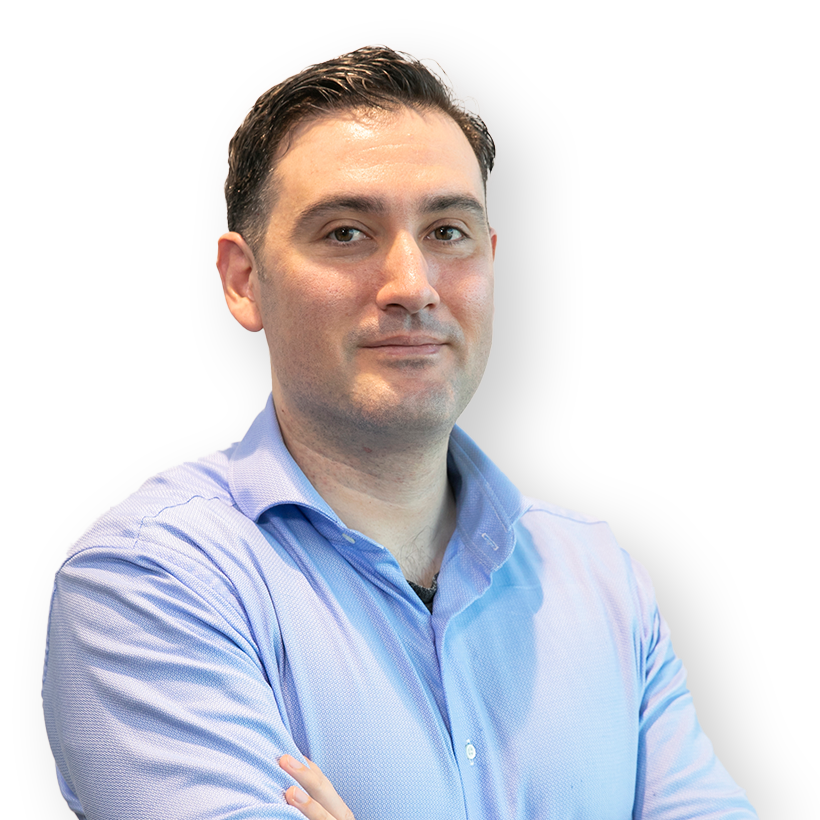【 Interview Movie 】
Bridging Japan and the US by providing global game development support
Since joining SEGA in 2011, I've been fortunate to work in various capacities as a localization director and producer. Some of the titles I've worked on include the "Hatsune Miku: Project DIVA" series, "Puyo Puyo Tetris", and "Olympic Games Tokyo 2020 - The Official Video Game". I've also had the opportunity to conduct localization in the opposite direction, working on the Japanese version of "Alien: Isolation", a game developed by one of our European studios. In 2017, SEGA made the decision to localize all of their titles, and established the Bridge Team to help facilitate it, which I was appointed the team leader of.
The core responsibility of the Bridge Team is to offer support to Sega of America (SOA), in expanding their international sales. SOA handles localization for North America and also oversees localization for other languages as well. Over the past few years, the scope of localization languages has expanded greatly, extending beyond traditional languages such as English, French, Italian, German, and Spanish to include Russian, Portuguese, and a whole host of other languages as well. It's quite common for us to be developing games in over ten languages.
The team has taken on an increasingly significant role in conducting market research and assessing global market strategies in the initial stages. To create a game that will thrive globally, we need to understand our users and the market landscape outside Japan. For that purpose, our team helps collect feedback from SOA, engages in overseas market research, and conducts receptivity surveys.
An opportunity for individuals with global backgrounds to shine
As the Bridge Team primarily works in conjunction with SOA on projects, all of our team members are fluent in both English and Japanese. Our meetings with SOA are conducted in English, and we also provide interpreting for other departments. The job requires us to have a thorough understanding of the technical language used in game development and be able to use it effectively on a daily basis. It's important for us to dedicate time to honing our language skills so that we can adequately use vernacular from a variety of different fields, including programming, art, and planning, as well as recognize server- and internet-based jargon.

Since SEGA began taking on this global initiative, we've had more opportunities to work with SOA, leading to a more seamless flow of communication between our teams. United under the goal of producing a global success, we work closely with SOA from the early stages of planning. I am immensely proud of the Bridge Team's role in building a rapport with SOA.
SEGA's legacy of being a hardware maker and its history of selling products overseas has made it well-positioned to redirect its focus to the global market. We have a lot of high-level bilingual staff, and clearly it's slowly becoming a more globalized development structure. Even in development, we have more and more bilingual staff outside Japan joining our team. So I really think there's an opportunity at the moment for people that are bicultural or were born overseas to shine at SEGA.
The most exciting time for SEGA as it takes on the world
SEGA right now is in a really, really interesting place because of a combination of three different things.
One is that in recent years there has been strategic shift to localize everything. We're orientating our titles more to the global market. It's not just the Japanese market anymore; we're looking at how people are reacting to them overseas and whether they're enjoying it.

The second thing is we're making a shift to simultaneously ship everything. So we're aiming to have all of our games released at the same time worldwide. I think that's going to have a real big impact on SEGA's future as a brand.
The last point is that more and more of the console teams and the arcade teams are working together. The Bridge Team works on the same floor, so we really feel the hunger that they have for making games. Now that they're pooling their skills and knowledge together, there's no way that we're not going to get some great games out of it.
SEGA is developing a wealth of new content for the global market. There has never been a more thrilling time to become part of SEGA!
8:00 AM Work day begins with one-hour meetings with different SOA departments, including the development production and marketing departments.
12:30 PM Break for lunch.
1:30 PM Check team's progress and offer advice.
2:00 PM Write up documentation, offer suggestions to improve in-house localization regulations and workflow, allocate tasks to team members, etc.
3:00 PM Regular meeting with team members to share progress.
4:00 PM Meeting with other departments: Compile summaries regarding the progress of other studios and pass that information on to SOA and other relevant departments.
5:00 PM Work day ends. (Depending on the day, I may translate emails or update team info on the in-house network.)

STAFF INTERVIEWS



























